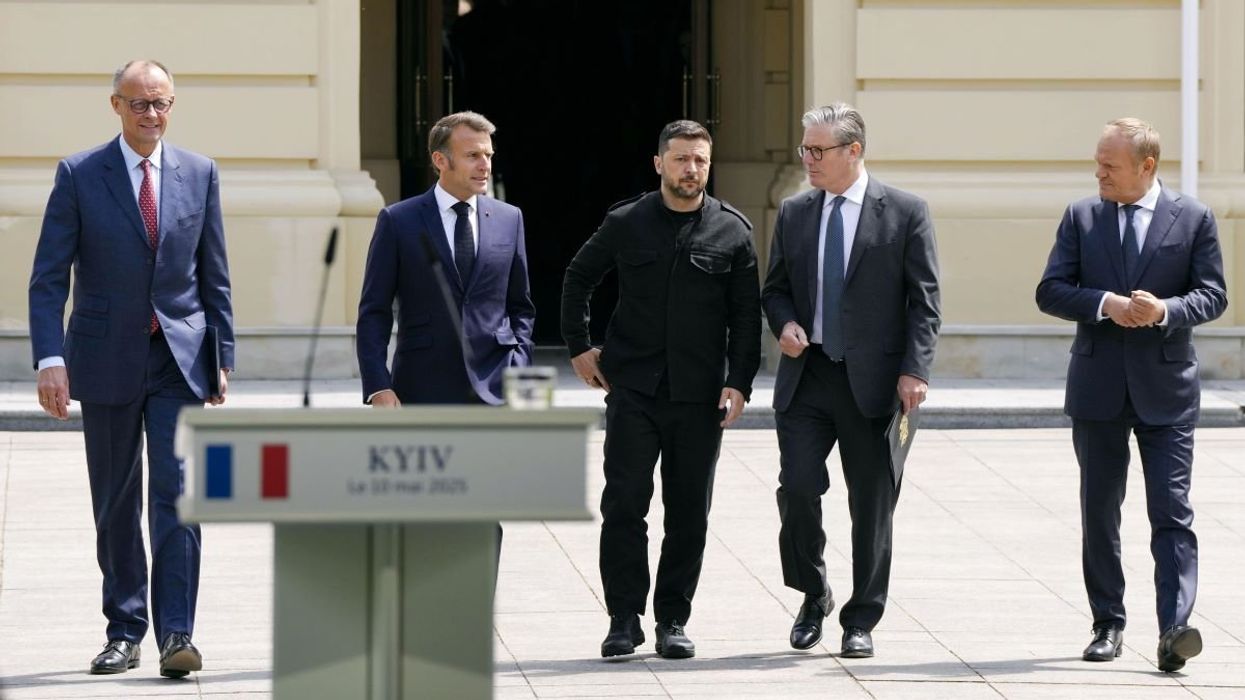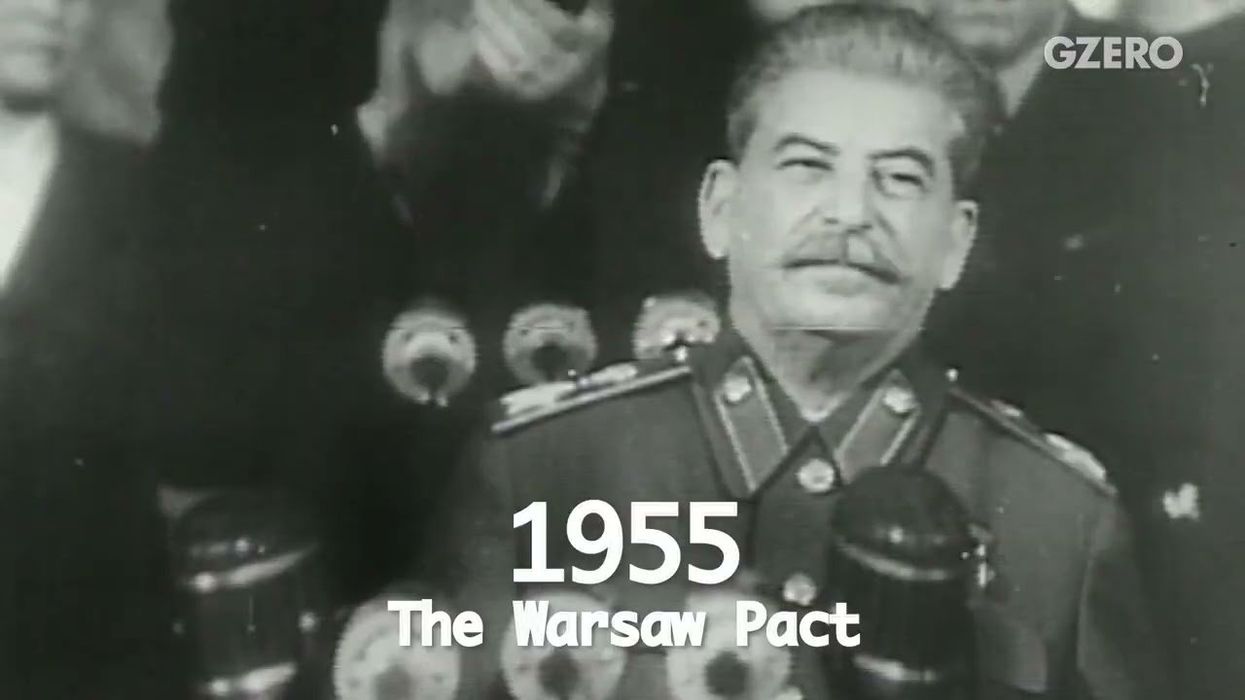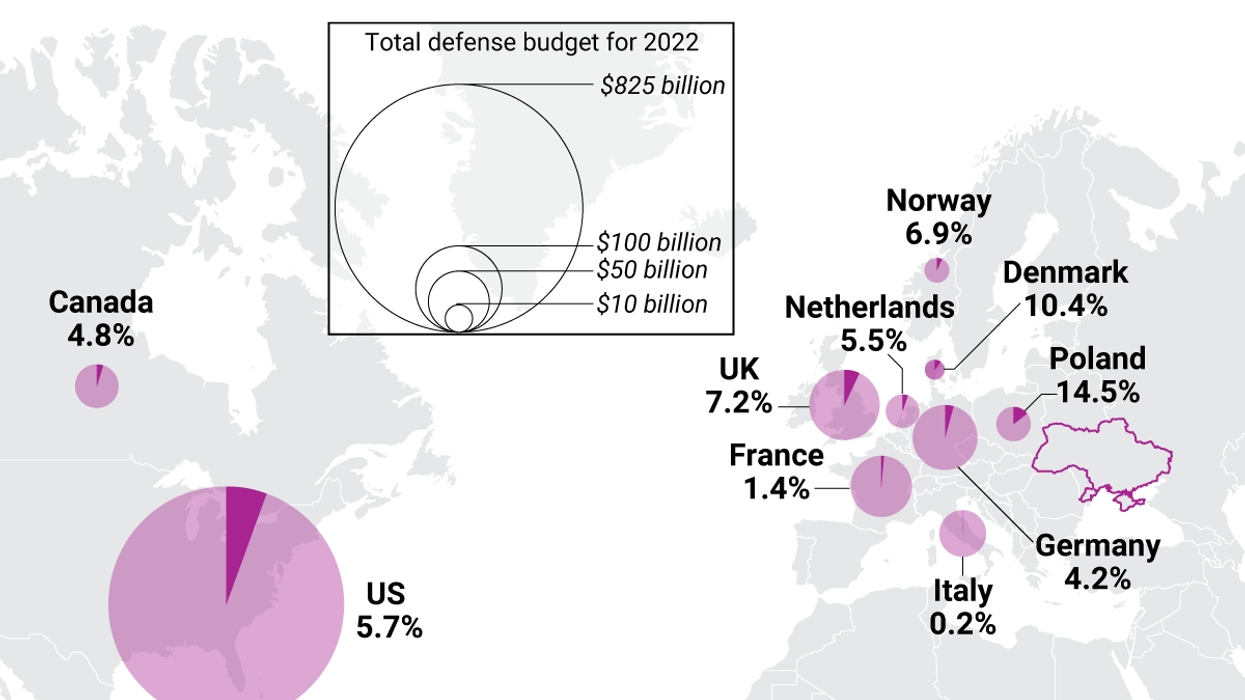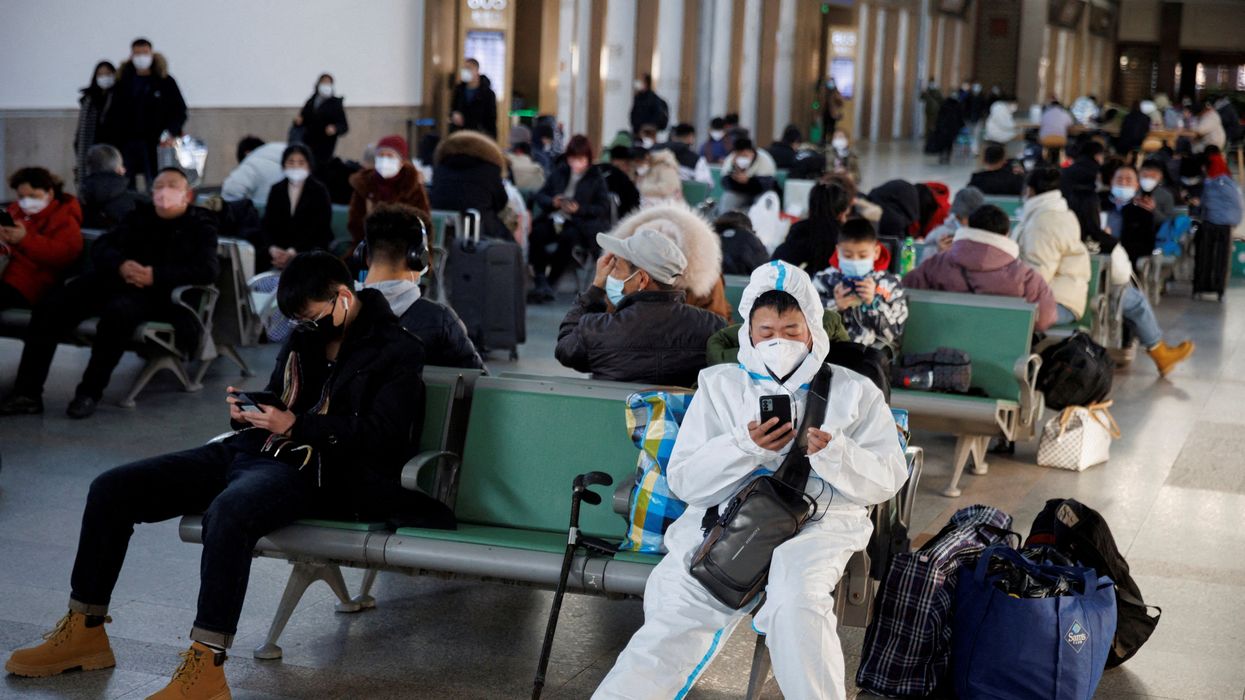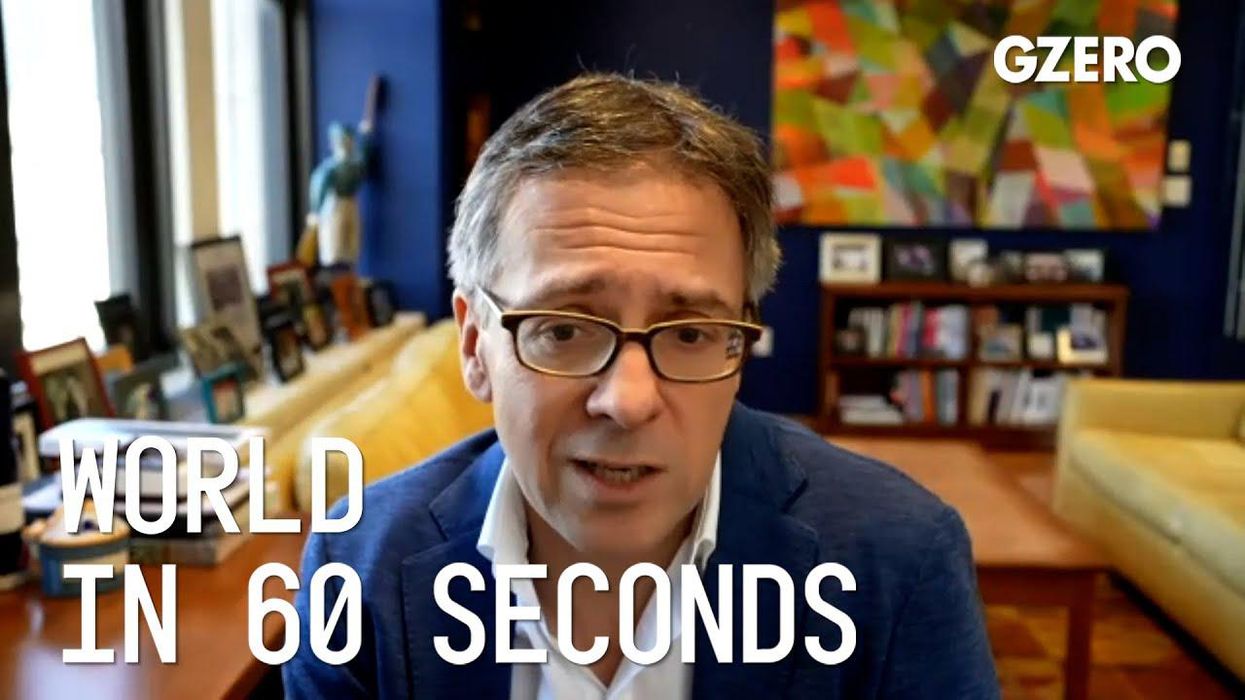Analysis
Is Europe ready for self-defense?
For decades, French governments have talked up the value of “Collective European Defense,” an alliance fully invested in Europe’s security outside of NATO. For decades, the point was academic, because Germany and Britain valued the transatlantic relationship too highly to take steps that might discourage US commitment.
May 15, 2025
